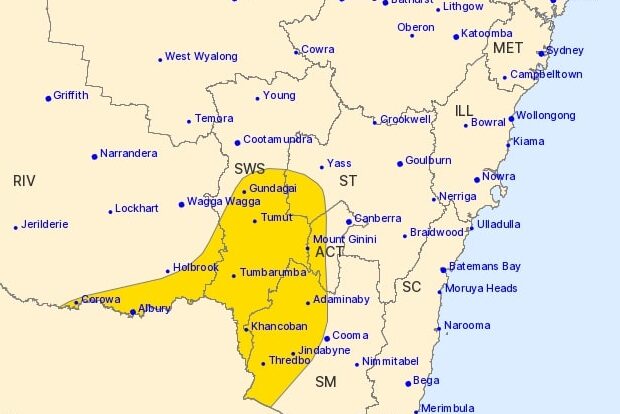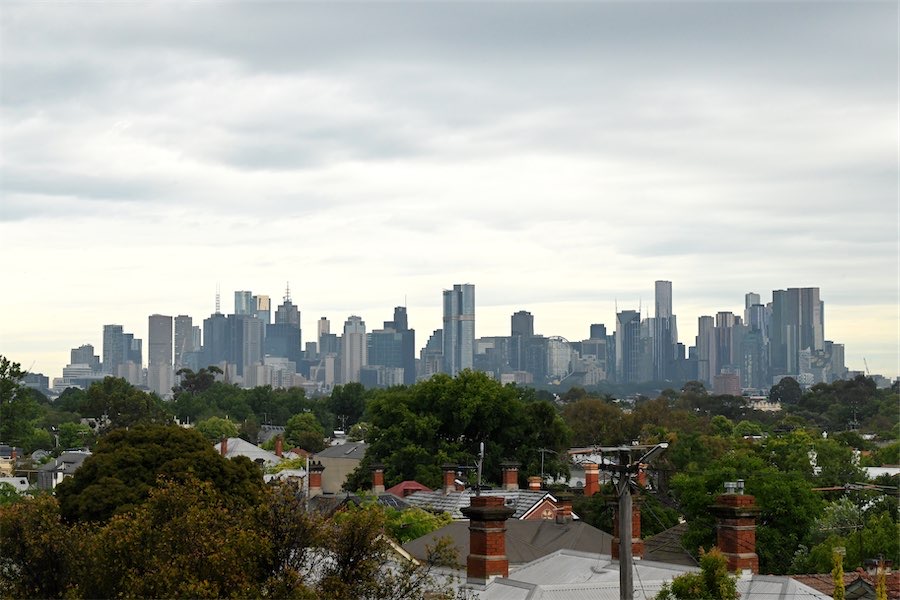
By Poppy Johnston in Canberra
Price pain and bill shock might feel more acute when MPs return to Canberra after Donald Trump’s election win.
The post-pandemic bout of high inflation that inflicted the US and much of the world was thought to have played a role in voters ousting the Democrats from the White House.
With Australia’s next federal election looming, the opposition is likely to press the Labor government during the final parliamentary sitting fortnight for the year on its economic management and efforts to combat price growth.
Despite the government’s moves to tackle inflation and budget surpluses, underlying price pressures are still too strong for the Reserve Bank of Australia to start delivering much-anticipated interest rate relief.
Slow progress on inflation and the job market’s resilience has prompted National Australia Bank to push back its forecasts for rate cuts from February to May 2025.
Economic teams at the other big banks still tip monetary easing to start in February.
The coalition’s alternative economic plan will come under scrutiny as well after Opposition Leader Peter Dutton suggested he would no longer revisit the stage three tax cuts, possibly taking extra relief for high earners off the table.
The opposition leader might also be under pressure to stamp out debate on abortion access, with Mr Dutton issuing a warning to his party room that a fight on the issue would result in the coalition losing votes.
The Greens have been keen to put reproductive care access on the agenda, promising an extra $100 million a year in funding for public hospitals to provide termination services.
Education reform will get some airtime, with the government’s plan for 100,000 free TAFE places every year set for debate in the lower house.
Labor has also promised to wipe 20 per cent of student debts for tertiary education if returned to office for a second term.
Plans to change election funding rules will be dissected further, with independents worried the redesign will disproportionately benefit major parties and incumbents.
Intended to stop billionaires and large corporations swaying elections, the government’s changes are reportedly set to be rushed through parliament with coalition support and without an inquiry.
Who can be trusted?
In a world of spin and confusion, there’s never been a more important time to support independent journalism in Canberra.
If you trust our work online and want to enforce the power of independent voices, I invite you to make a small contribution.
Every dollar of support is invested back into our journalism to help keep citynews.com.au strong and free.
Thank you,
Ian Meikle, editor





Leave a Reply